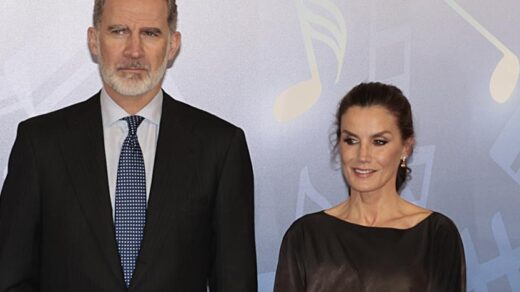[ad_1]
Most people lift weights with the goal of building muscle, but adding 20 minutes of cardio after resistance training will help you
reduce fat gain (or even cause fat loss), strengthen your cardiovascular system, sleep better and much more. What sounds great?
Many women are interested in working on their cardiovascular health more, but aren’t sure if they should do it before or after lifting weights. Be clear: before
a short cardio session To warm up certain muscles, which is also very beneficial, a good cardio workout is generally recommended after weights.
The main reason for this is that doing cardio before your
resistance training exercise could reduce lifting performance. Since you really need to be able to challenge your muscles enough during resistance training, you generally don’t want to take this risk.
Do cardio after weights
For people trying
grow your muscles, the main concern of doing any amount of cardio in addition to your weight lifting routine is consuming enough nutrients. More specifically, having a caloric surplus appears to be beneficial for muscle growth. Since cardiovascular exercise can burn a fair amount of calories, this is something to keep in mind.
So 20 minutes of cardio after lifting weights can be bad for muscle growth if you don’t make up for it with enough nutrients. The main nutrient to take into account are
the calories. But you don’t have a problem consuming enough nutrients, it can definitely be worth doing cardio after lifting weights because of the added physical and mental benefits you get.
Benefits of doing 20 minutes of cardio after weights
Excess body fat causes a variety of
Negative effects in human health and losing weight, more specifically losing fat, is a very popular fitness goal. The best cardio after weights for fat loss often includes running, biking, or rowing.
By definition,
cardio exercise It is a category of activities that primarily work the cardiovascular system, which includes the heart, lungs, and blood vessels. These parts of the body are responsible for absorbing oxygen from the air and moving oxygen, nutrients, and waste products to the correct places.
Before training, you have to stretch. / /
When you move more intensely with activities like running, biking, rowing, etc., you activate all of the above. To achieve this, your cardiovascular system has to work harder. Like many other parts of the body, challenging your cardiovascular system just enough (but not too much) can
get stronger with time.
Most people already know that
get enough sleep it’s important for general health, mood, and even building muscle. However, not everyone knows how to improve their sleep. One of the things that positively influences the quality and duration of sleep is exercise, something that has been sufficiently demonstrated.
The health of your body and the things it is capable of doing have a clear
impact on your mood. By adding 20 minutes of cardio to your lifting sessions, you could reduce your risk of conditions that make you feel bad. In addition, exercise, and especially movements focused on the cardiovascular system, promote the release of endorphins, the so-called “well-being hormones.”
Finally,
getting enough cardiovascular exercise it simply improves your overall health and longevity through a variety of known and unknown mechanisms. And it’s obvious you don’t like getting sick. Your cardio sessions could help you age more slowly in terms of a variety of indicators that are also related to general health.
[ad_2]






